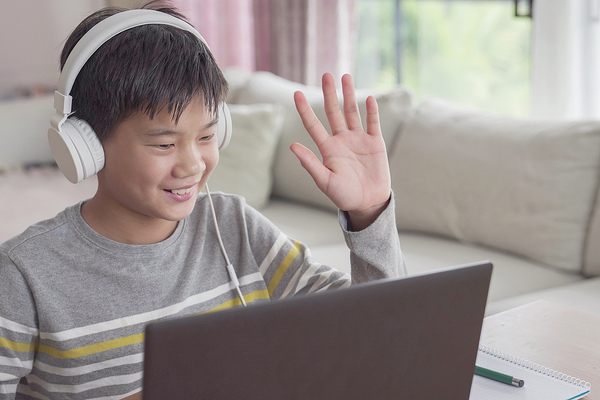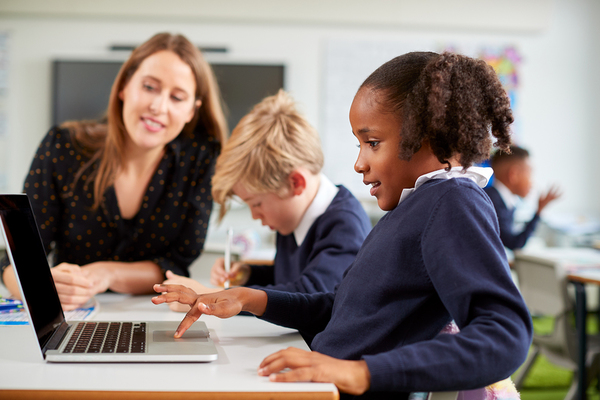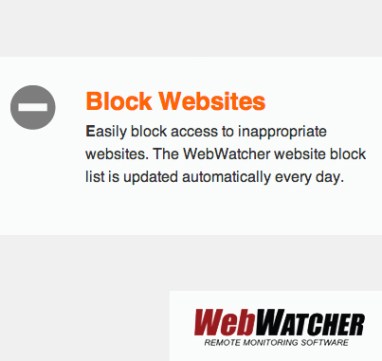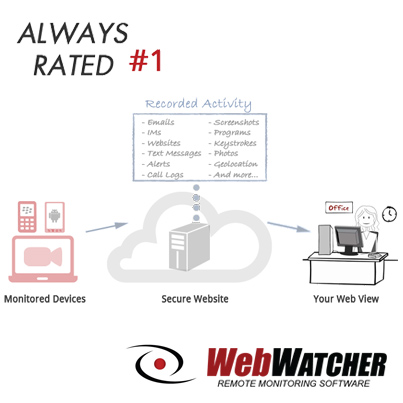This fall, the back-to-school season went a little differently than usual for most families. Rather than returning to their classrooms with their bookbags and school supplies, many children logged onto a Zoom call from their home computers instead. Thanks to COVID-19, returning to brick and mortar school just wasn’t an option for a lot of families, and even some families who had the option opted not to send their children back to school for safety reasons.
Schooling via videoconferencing app is a whole new situation for most of the people involved – not just students, but teachers, administrators, and parents are all learning as they go. And one thing that many parents and students are learning is that they have concerns about the risks that children encounter as they go to school online.
Take a look at some of those risks and how you can mitigate them as your children attend school online.
Video Cameras and Privacy Risks
One big bone of contention between schools and families is the use of webcams in online schooling. Webcams allow your child to see their teacher and use their visual learning skills the way they would in the classroom, and that’s largely a positive thing. But they also allow schools and teachers into the family home in a way that would definitely not happen in a traditional school setting, and that’s a much less positive thing for many families.
Parents have many worries about privacy when it comes to cameras that see into their homes.
- Are teachers recording your child as they attend Zoom classes?
- If so, how will those teachers protect those recordings? What might they be used for later?
- What judgments might teachers be making about the home and the family from what they can see in the background, and will those judgments affect your child?
Students themselves also have concerns, though they might be different from their parents’ concerns. When they’re on camera, it’s not just their teachers who can see them, it’s their classmates as well.
- Will there be something visible on camera that might make the student a target for bullying and harassment by their classmates?
- Might other students be recording or taking screenshots of them for the purpose of making fun of them later?
- Could what’s visible on camera reveal something about the student that the student doesn’t want to reveal, such as their economic status?
When it comes to public schools, parents have a lot of power to advocate for their children. As a parent, you should not only think about your own privacy concerns, you should talk to your child about how they feel about turning on the camera. Once you know what your family’s concerns are, then you can talk to your student’s teacher or school administrators about how to handle them.
- Schools have other options for gauging attendance and performance besides looking at cameras. They can allow students to participate via audio or by typing in the chatbox, for example.
- Allowing the use of fun filters or blurred backgrounds can also alleviate some concerns for students. In some cases, it might be helpful to use cameras when students break into smaller groups, but not during full class sessions.
Be prepared to make some of these suggestions if your child’s school insists on cameras, and be sure to let your child know what options are available to them. Older students should be able to decide for themselves when they’re comfortable going on camera and when they’re not, but they need to know what they can do instead.
Unsupervised Internet Use

Another issue that may come up is the risk of letting your child use the internet for the length of an entire school day. The reality is that most parents aren’t going to be able to sit right next to their child for hours every weekday monitoring their online school performance. Most parents have to work themselves during those hours, and even parents that aren’t actively working while their child is doing online school may have household duties or other children to attend to that prevent them from constantly monitoring one child’s progress.
So how can you make sure that your student stays on school the entire time? What prevents them from opening up a new tab and wandering into other areas of the internet – areas that you may not want them exploring?
Not only are the distractions of the internet a risk to your child’s grades and learning, but they also pose other risks – like viewing inappropriate content or being contacted by people online who don’t have good intentions. This is especially a problem for younger students who wouldn’t normally have unsupervised time online, but who may now be spending hours online without constant supervision out of necessity.
- The first and most important thing you will need to do is talk to your child about the household computer rules. Setting clear expectations for your child is key. Let young children know that they’re to stick to the school-related websites only – if they want to do something else online, they need to ask first.
- For older children and teens, who might normally be allowed some unsupervised internet use, the rule should be that they must finish their classwork and wait for the school day to be over before using social media or gaming sites.
Consider placing the device that your child will use for school in a common area of the house, like the living room or kitchen table. That way, even if you aren’t able to watch every second of your child’s school day, you’ll probably pass by often enough to get a sense of whether your child is staying on task. Of course, the tradeoff is that your child might have difficulty concentrating or hearing properly if there is a lot of activity in those areas during the day. In that case, you might need to find another solution.
Parental monitoring software and parental controls can help you keep an eye on your child’s school day and online behavior, even if you can’t be right next to them. With monitoring tools, you can review their activity when you have the time and even receive alerts if they try to access sites you don’t want them to.
To find out how computer and mobile monitoring software can help keep your child safe while they attend school online, get our free trial.





